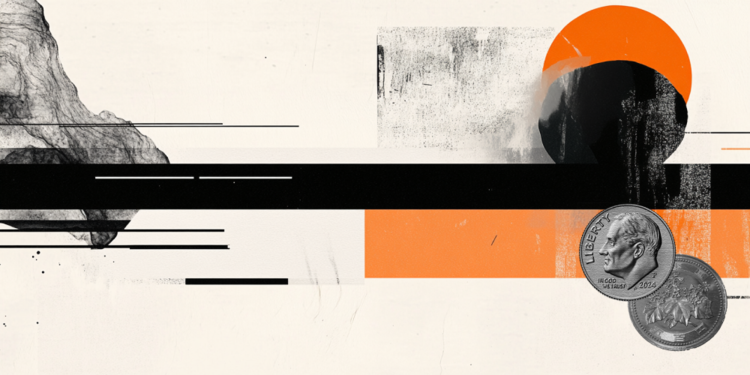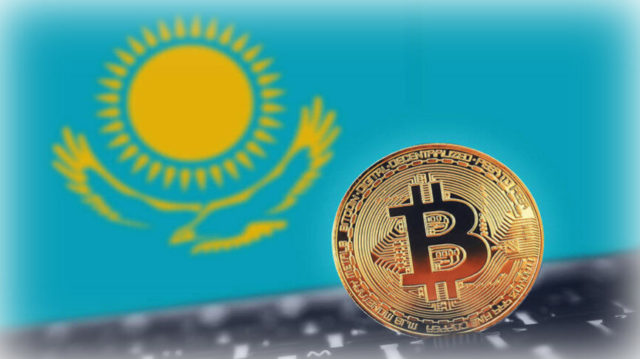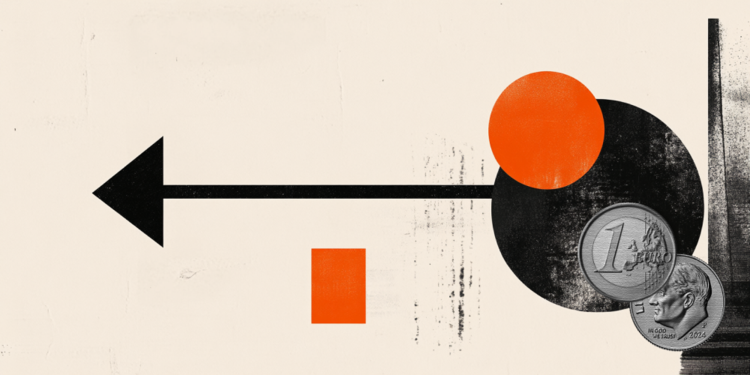The strengthening of the Lebanese Army will be crucial to the implementation of an important United Nations (UN) Security Council resolution that aims to maintain peace on the country’s border with Israel, the United States and Israel said on Thursday. France.
The United States’ deputy ambassador to the UN, Robert Wood, told a meeting of the 15-member Security Council that the international community should focus its efforts on strengthening Lebanon’s state institutions.
“The solution to this crisis is not a weaker Lebanon. It is a stronger and fully sovereign Lebanon, protected by legitimate security forces, incorporated into the Lebanese Armed Forces,” he stated.
The UN peacekeeping mission there — called Unifil — was established in resolution 1,701, of 2006, to help the Lebanese Army keep the country’s southern border with Israel free of weapons. This has led to friction with Hezbollah, which is heavily armed and supported by Iran.
A year ago, Hezbollah began firing at Israel in support of the Palestinian militant group Hamas. The conflict has intensified in recent weeks, with Israel carrying out airstrikes and a ground incursion into southern Lebanon.
The French ambassador, Nicolas de Riviere, stated that an immediate ceasefire is necessary, and that the proposal for 21 days of peace, made by the French and Americans, remains in place.
Israeli Ambassador Danny Danon told the council that resolution 1701 should be put into practice, along with 1559, which was adopted in 2004 and “calls for the dissolution and disarmament of all Lebanese and non-Lebanese militias.”
“We are fulfilling our obligations to ensure this, the council must support us in our efforts,” he said.
Understand the escalation in conflicts in the Middle East
Iran’s missile attack on Israel on the 1st marked a new stage in the regional conflict in the Middle East. On one side of the war is Israel, with support from the United States. On the other, the Axis of Resistance, which receives financial and military support from Iran and which has a series of paramilitary groups.
There are seven conflict fronts currently open: the Islamic Republic of Iran; Hamas, in the Gaza Strip; Hezbollah, in Lebanon; the Syrian government and the militias operating in the country; the Houthis, in Yemen; Shia groups in Iraq; and different militant organizations in the West Bank.
Israel has soldiers on three of these fronts: Lebanon, the West Bank and the Gaza Strip. In the other four, it carries out aerial bombings.
The Israeli Army began a “limited ground operation” in Lebanon on September 30, days after Israel killed Hezbollah leader Hassan Nasrallah in a bombing of the group’s headquarters in the Beirut suburb.
The Israel Defense Forces say they have killed virtually the entire Hezbollah chain of command in similar bombings carried out in recent weeks. On September 23, Lebanon had its deadliest day since the 2006 war, with more than 500 fatalities.
At least two Brazilian teenagers died in the attacks. Itamaraty condemned the situation and called for an end to hostilities. With the increase in hostilities, the Brazilian government announced an operation to repatriate Brazilians in Lebanon.
In the West Bank, the Israeli military is trying to dismantle groups opposed to Israel’s occupation of Palestinian territory. In the Gaza Strip, Israel seeks to eradicate Hamas, responsible for the October 7 attack that left more than 1,200 people dead, according to information from the Israeli government.
The Israeli operation killed more than 40,000 Palestinians, according to the enclave’s Ministry of Health, controlled by Hamas. Hamas leader Yahya Sinwar remains hidden in tunnels in the Gaza Strip, where dozens of Israelis kidnapped by Hamas are also believed to be in captivity.
This content was originally published in France and the US pressure the UN to strengthen the Lebanese Army on the CNN Brasil website.
Source: CNN Brasil
Bruce Belcher is a seasoned author with over 5 years of experience in world news. He writes for online news websites and provides in-depth analysis on the world stock market. Bruce is known for his insightful perspectives and commitment to keeping the public informed.







